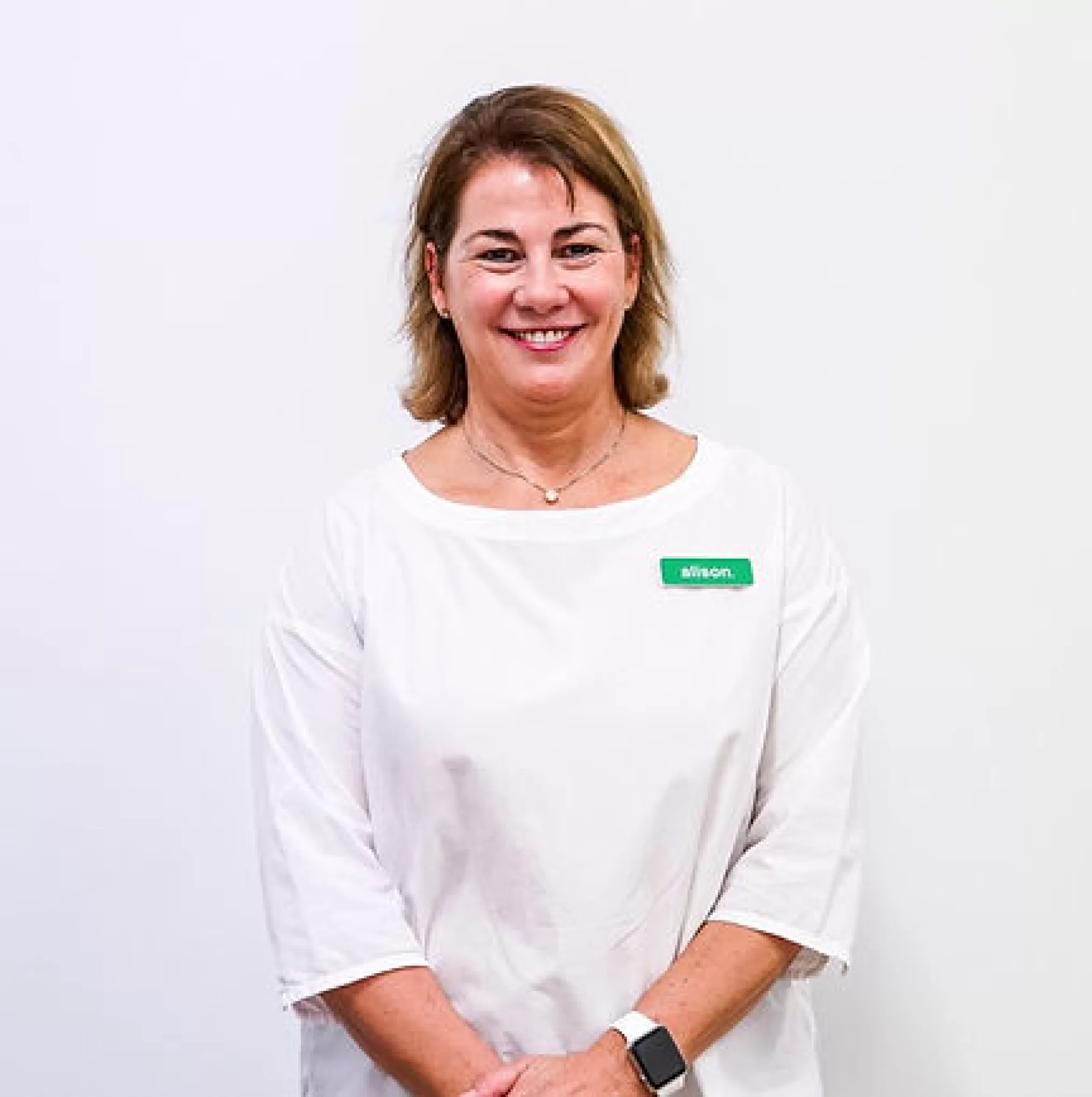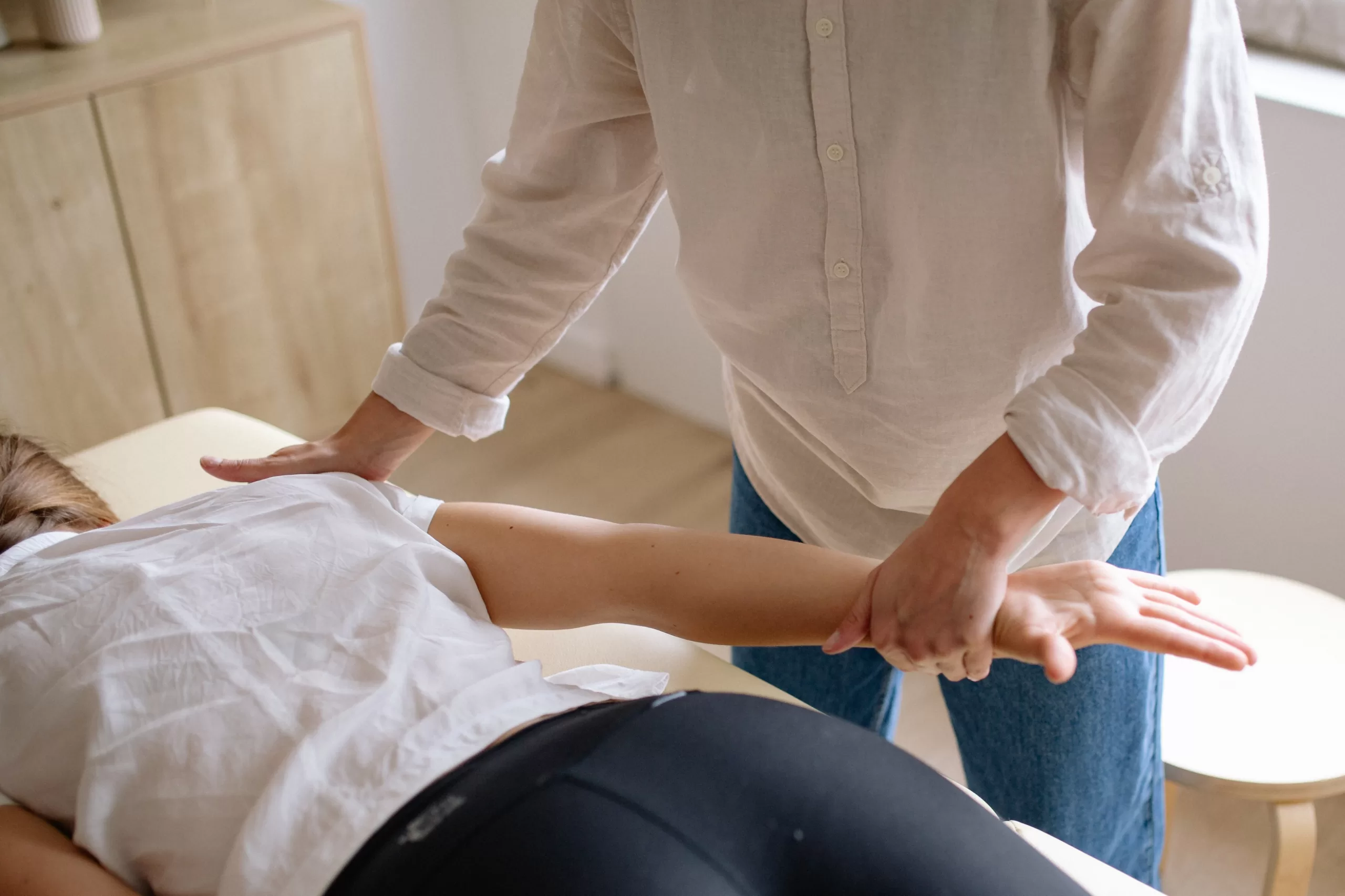Plantar Fasciitis

If you have Plantar Fasciitis you will be experiencing pain in the front of your heel into the arch of your foot. Your plantar fascia is a thick, weblike ligament which connects your heel to the front of your foot. It acts as a shock absorber and supports the arch of your foot. Your plantar fascia ligaments experience a lot of wear and tear in your daily life. Too much pressure on your feet can damage or tear these ligaments causing inflammation.
Pain from plantar fasciitis develops gradually over time. The pain can be dull or sharp. You will feel burning or aching in the arch of your foot, usually worse in the morning when you take your first steps out of bed.
After prolonged activity, the pain can flare up due to increased irritation or inflammation and the pain is often not felt during the activity, but rather just after stopping.
Plantar fasciitis tends to develop as a result of overstretching or overuse of this ligament, although a tear or small tears in the fascial tissue can also cause the pain. Your foot structure can also predispose you to developing plantar fasciitis.
Risk Factors
You’re at a greater risk of developing plantar fasciitis if you:
• are overweight or obese.
• are a long-distance runner.
• have an active job where you are often on your feet, on hard surfaces such as working in a factory restaurant.
• have structural foot issues, such as high arches or pronated feet. • have tight calf muscles.
• often wear unsupportive shoes.
Management
• Your Physio will warn you that the symptoms may take weeks or even months to improve (depending on the cause).
• You will be advised to rest from aggravating activities initially + ice + stretching of your calf muscles.
• Your Physio will probably do Laser Therapy and Ultra Sound Therapy. • You will be educated on the cause and management of the condition for optimal outcomes.

